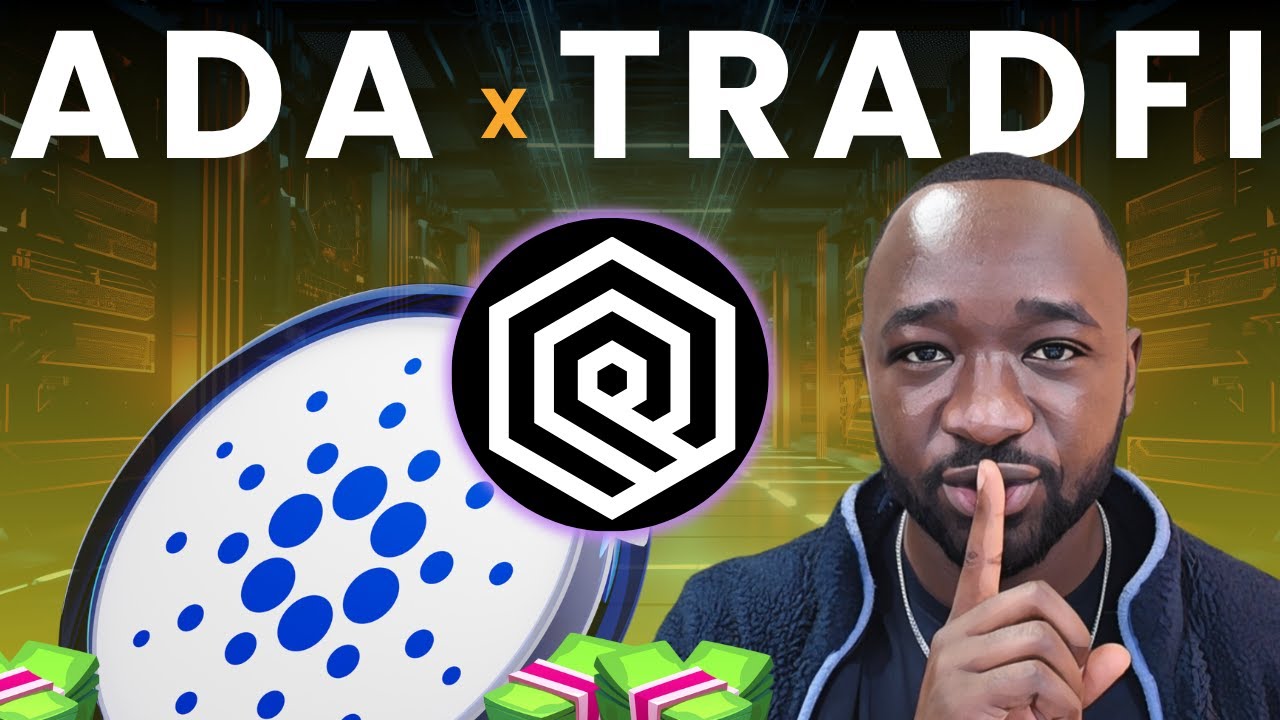Thank you for your questions and here below are the answers. Please, watch also the recent video done with DappCentral about the Direct Lending on Liqwid.
FAQ to the Direct Lending proposal
Here is a summary of the questions submitted by the community, along with the answers.
1. How is this trust legally organized to operate in multiple international jurisdictions? Does it need to be organized in each jurisdiction where an RWA is proposed to be tokenized?
Answer: The Trust will act as the token issuer of record and protect the community’s interests. It establishes a bankruptcy remote structure, effectively segregating the operational risks of the operational company Quod Agis LLC from the issued tokens. A Swiss regulated trustee is appointed to oversee the trust, mandated to adhere to the trust terms, token issuance policy and fiduciary duties, thereby ensuring responsible token issuance and governance.
2. How are the contractual relationships defined between the three key parties—Credit Gate, Listing Agent, and Technology Agent—collaborating under a mandate from the Liqwid DAO?
Answer: A listing agent agreement will be signed between the Liqwid DAO and Quod Agis. Details be following before the onchain votes.
Then a technology services agreement is also signed between Quod Agis and Liqwid Labs (Tech Agent). Quod Agis is also signing an arranger agreement with the Credit Gate.
3. Would it not be possible for the stablecoins to be remitted directly into a wallet that the borrower self-custodies, rather than to the Credit Gate who then transfers fiat to the borrower’s bank account?
Answer: Yes, it is possible. However, borrowers currently prefer not to manage wallets or interact with DeFi directly. Once the loan agreement is signed, they expect to receive fiat currency directly. For this convenience, they are willing to pay a service fee.
4. Will custom oracle solutions be required for every RWA backed loan in order to monitor collateral value? That seems like it could be cost prohibitive if we’re doing this for every loan.
Answer: RWA valuation is handled off-chain and defined contractually, including any liquidation procedures. There is no need for a continuously updating oracle feed for dynamic valuations.
5. What happens if a borrower goes through the process of being approved by a Credit Gate but the DAO does not approve the RWA?
Answer: The DAO grants Quod Agis a mandate to select high-quality deals. If a deal does not meet Quod Agis’s credit risk policy, it will not be listed. Quod Agis will publish its credit policy before launching the RWA Direct Lending markets, so capital suppliers understand what they are funding.
6. Who exactly is Quod Agis? Is that just a business entity created by Florian? It seems like there is some overlapping responsibilities between the Credit Gate and QA, in terms of RWA vetting and LTV recommendations, if I’m understanding correctly.
Answer: Quod Agis is led by F. Volery and P. Izmaylov. The Credit Gates have not been publicly announced yet, but they will be once RWA deals are introduced.
Quod Agis selects the deals sourced by the Credit Gates and has the following responsibilities as Listing Agent:
Listing Agent Responsibilities are:
• Build a pipeline of handpicked RWA loan opportunities with attractive risk & reward characteristics from traditional private markets for direct lending.
• Select and underwrite RWA collaterals in partnership with credit gate providers.
• Structure and manage off-chain agreements and due diligence processes.
• Operate the RWA Direct Lending markets within the Liqwid ecosystem.
• Publish quarterly reports detailing market activity and performance.
• Lead marketing, investor relations, and fundraising for the RWA markets.
7. How are the Credit Gates and QA being compensated if the loan interest payments go to the DAO Treasury, stablecoin lenders and LQ stakers?
Answer: The borrower’s interest rate is higher than the rate paid out on Liqwid. The difference between these two rates serves as the compensation for both the Credit Gate and Quod Agis.
